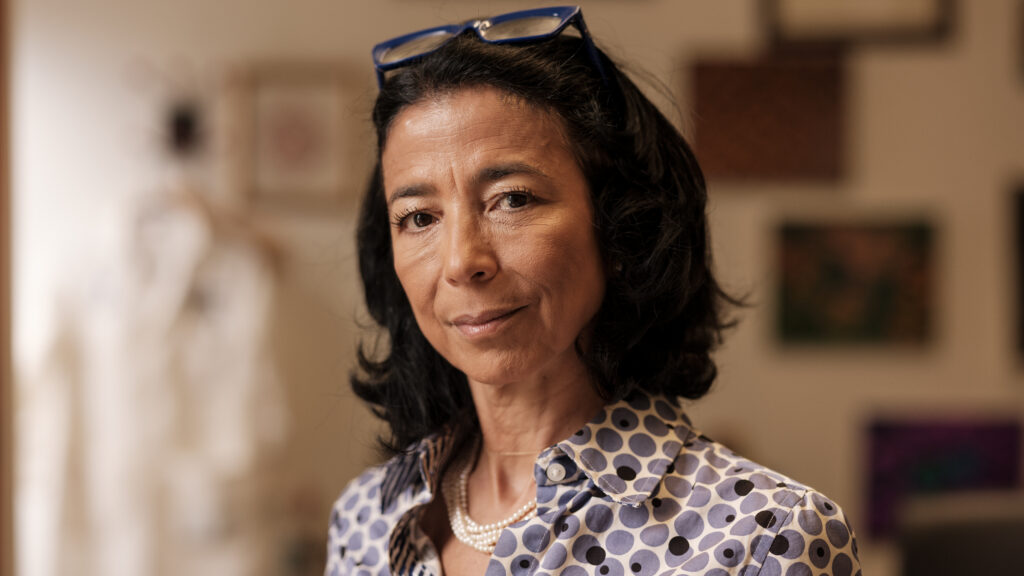Miriam Merad, a prominent researcher in cancer immunotherapy, is reshaping the understanding of how the immune system interacts with cancer, particularly focusing on macrophages. Her journey began over two decades ago, spurred by a deeply personal experience during her medical residency. After losing a patient to a rare allergic reaction to chemotherapy, Merad pursued an autopsy that revealed an astonishing finding: the cancer had vanished, replaced by an abundance of macrophages in the lung tissue.
Macrophages, known as the “gatekeepers” of the immune system, have traditionally been viewed as immunosuppressive in the context of cancer. This means they often hinder the body’s natural response to fight tumors. However, Merad’s observations led her to believe that these immune cells could play a transformative role in cancer treatment. “I became convinced that, somehow, these macrophages could be extremely potent,” she stated, reflecting on the pivotal moment that redirected her research focus.
Since the advent of cancer immunotherapy, attention has primarily been on T cells, the body’s specialized immune cells that target tumors. Innovations such as Merck’s Keytruda and engineered cell therapies like CAR-T have significantly improved patient outcomes, often leading to complete tumor elimination in some cases. Despite these advancements, many patients either do not respond to these therapies or eventually develop resistance, underscoring the need for alternative approaches.
Merad, along with a growing number of researchers, is now exploring the potential of macrophages as a key component to enhance immunotherapy effectiveness. Early clinical trial data suggest that therapies targeting macrophages could work synergistically with T cell therapies, thereby broadening the scope of treatment options available to patients. This shift in focus not only aims to improve cancer treatment but also opens avenues for addressing other health conditions.
Research into macrophages is expanding beyond oncology. Biologists are investigating their roles in aging, which could lead to innovative treatments for age-related diseases such as dementia. Additionally, companies and academic institutions are exploring the application of macrophages in managing inflammatory and autoimmune diseases, including lupus.
Merad’s commitment to understanding macrophages exemplifies a broader shift in cancer research, where the emphasis is increasingly placed on the immune system’s intricate dynamics. As her studies progress, they may provide new insights that could redefine treatment paradigms in oncology and beyond. The potential implications for improving health outcomes and patient quality of life are substantial, marking a significant milestone in the quest for more effective therapies.
In conclusion, Miriam Merad’s ongoing research into the capabilities of macrophages represents a promising frontier in cancer immunotherapy, with the potential not only to enhance treatment effectiveness but also to contribute to the management of other critical health issues.







